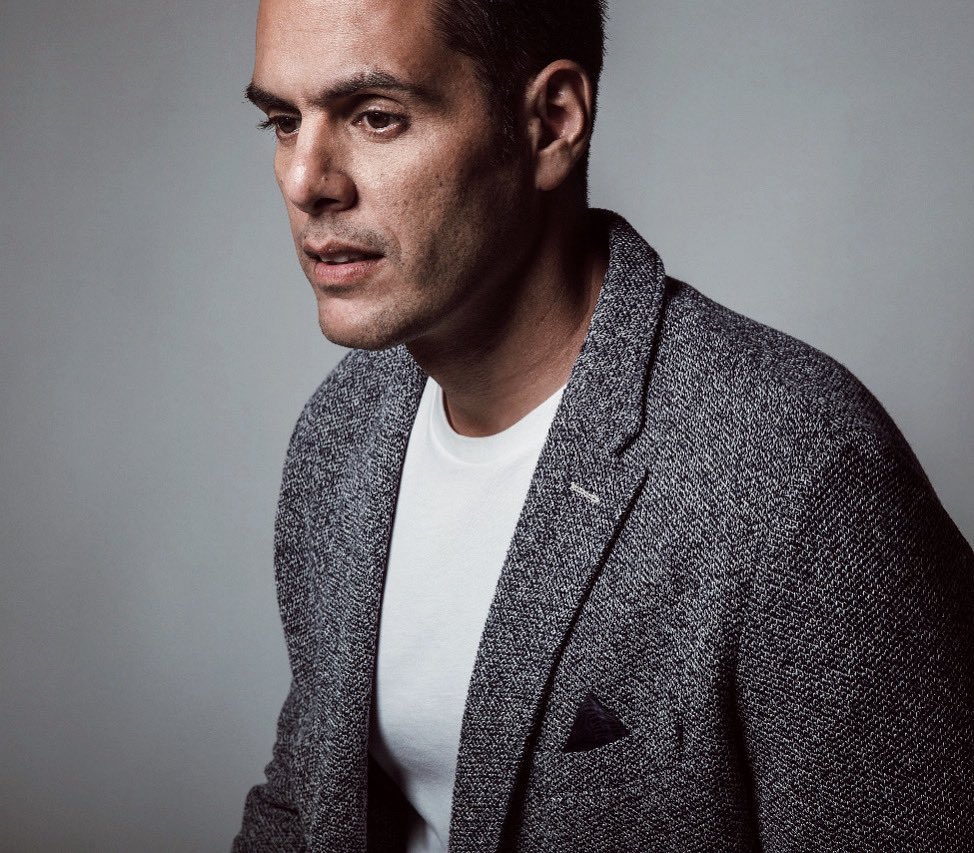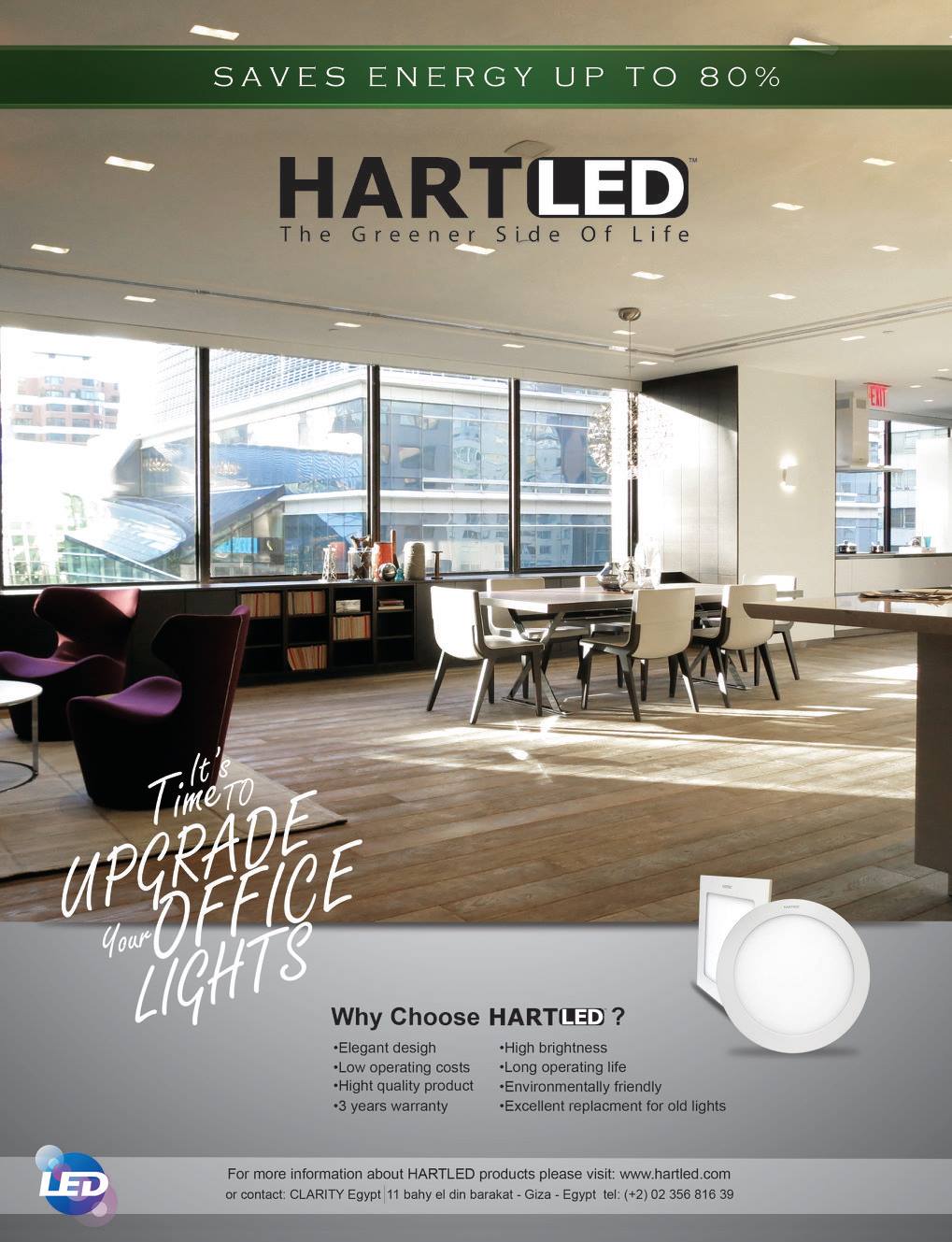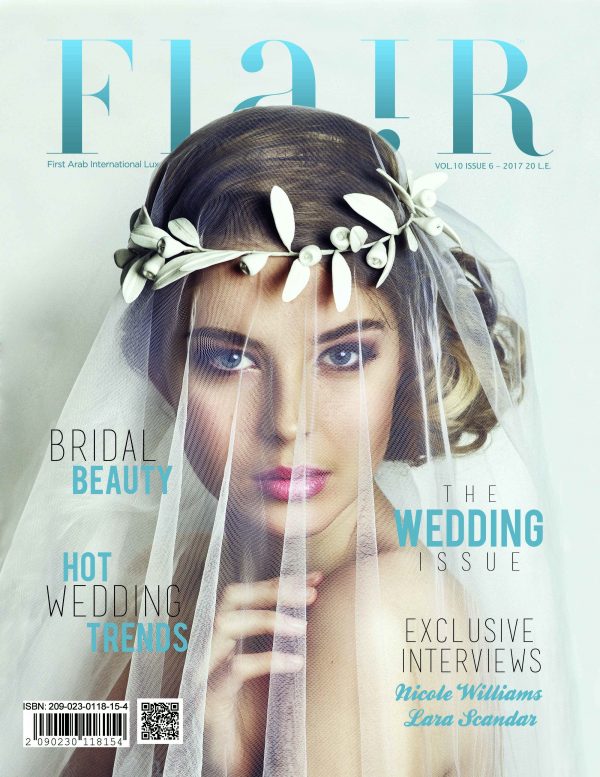Everything you’ve gone through in life is reflected in your musical tunes and beats. Gatherings with loved ones, reading novels, going to the theater, traveling, watching a movie, reading the news, and witnessing the sadness of this terrible epidemic all contribute to the final piece of art later. It takes a genuine artist to be able to reach people’s emotions with deeper thoughts, and an authentic composer who can put conversations and ideas into melodies that give you goosebumps.

This articulate composer is the epitome proof that It’s never too late to chase your dreams and follow where your passion takes you. Hisham Kharma shares his artistic thinking, inspirations, and motivations, as well as why he thinks we need to look for our happiness no matter what.
From a creative director to a composer, why did you choose the music industry?
Ever since I was 9 years old, I knew that music granted me happiness. Back in the days, it wasn’t as easy as now to take up music as a steady profession, and people had a hard time taking the music industry seriously. As I grew older, the music got the best of me – it became more of an obsession than that of a mere hobby. I began the self-taught journey and started to practice every day for almost ten hours straight. Eventually, studied computer science where I found the ideal place to mix technology and creativity all at once. This world of tech has always been a profound trigger to my interest, the logistics as well as creative sides of it. After graduation, I worked in my field of specialty for a year or so; however, it wasn’t long until I switched to the advertising industry, working as a creative director for almost 10 years. Though I reached the peak of roles in this field, I felt like a piece of the puzzle was still missing from the bigger picture of my life. Craving fulfillment, I had a sudden awakening moment whilst attending a Yanni concert – the fact that this incredible artist had crowds of different languages, backgrounds, and cultures; they all spoke the universal language of music. I knew by then that this was what I wanted to do for the rest of my life, and it was the best-calculated risk I took at the time.
Who and what were the most significant influences on your career as a composer?
It’s hard to say, but a lot inspires me. Whenever I find a window to connect with people through music. The way it grants them a moment or two of escapism from reality or responsibilities and uplifts them. I got plenty of messages from different people saying that my music has helped them get through some difficult times. So, if you can’t get inspired by that, I don’t know what else can?

What have been the greatest challenges of your career so far?
Mainly, that I was self-taught like I said, and didn’t have an academic background in music, I had many doubts in the beginning. I remember it was the fusion of electronic and orchestral music that I first introduced to the audience. It was new to bring to the market, so it was a bit challenging. Also, choosing the right talents to join the team was not an easy task. A composer must find the proper creative artists who’ll harmonize in the process aligned with their vision. Another challenge was the people’s acceptance of this new genre, there will always be someone who will either bid on your success or failure. But I like to think of these challenges and take them as fuel to work relentlessly.
How did people take this new fusion?
Looking closely, you’ll find that each genre is put in a specific category. Electronic music is associated with dance and raves, whilst orchestral one is seen as old school and opera related. This fusion has brought different tastes together in the most beautiful way.
You were granted the title of humanity Burn Free Ambassador, for the initiative of the Ahl Masr for Burns, and the music composition of Shof B’Albek; did you ever think that making music would make such an impact on people and save lives?
Music is more of a purpose and a cause than just tunes. It’s equivalent to humanity when it comes to me, it’s a never-ending cycle of mutual support between the team and me and between the audience and us. To be connected in a challenging time of a pandemic and an ever-changing industry, people can sense if you are being authentic through music or not. We have put some pieces out there like these you mentioned, and people were incredibly responsive to them. To be able to trigger a soft spot and an emotional part in individuals impact their decisions, aspirations, and lives all in all. I am eternally grateful that I get to witness that.

Did this experience change your perspective on the music industry?
Most definitely, it felt like it reached more people than I thought it would. A mother of a cancer patient in the U.S. once reached me, saying that my music has helped her while moving from one state to another for six months and it made their treatment journey a bit tolerable.
Tell us about your initiation of ‘Law 3andak Dam’?
Law3andakDam is a platform that connects blood donors with patients in need of blood depending on their region and blood type. I’m passionate about combining charitable causes and humanitarian activity with artistic expression. The initiation of ‘Law3andakDam.com’ began when one of my uncles became ill and need blood. We could not locate any and found the market’s fraud along the way; I felt that someone will have to intervene. I relied on my experience in advertisements and computer programming to raise awareness of such causes. It was only natural to build an online community. Since then, I believe it has helped many people be more accessible to blood donors instead of having to go through private hospitals dilemmas. The name is provocative for marketing purposes to make people more aware of the importance of this matter.
Out of the four albums you released, which had the greatest impact on you & why?
Each has a significant memory that I cherish, though “Al YaQeen” was the longest to work on. Aside from the artistic development that took place post the release of this album, “Al YaQeen” holds a special place in my heart. It was the big, awaited moment of my serious professional music career, the commitment, the launch of the tracks, and the anticipation for the feedback. The name says, ‘the Belief’, I believed that this was about to change my life forever, and it did.
Can you walk us through the process of composing the soundtrack for the documentary Egypt: Land of Civilization, starring Khaled El Nabawy?
This is one of my favorite projects by far. I was instantly hooked by the idea and since it was related to a great civilization, I was overwhelmed and felt creative instantly. Though we were running on a very tight schedule, I enjoyed every bit of the process knowing that Egypt deserves the absolute best when the world is watching what we do.
How do you compose any piece? Any specific rituals?
I look for a lot of sources of inspiration, either through nature, daily activities, or nostalgic memories. But the best way for when I get inspired, I like to record and hum the tunes on my phone then sketch on the piano in the studio. Inspiration comes naturally wherever you are.
How do you see the music industry in Egypt today?
Every current societal culture shapes its growth, and music and the arts are at the center of these changes. The Arts have influenced all elements of Egyptian society from the Pharaonic Era to the contemporary Arab Republic of Egypt. I find joy in the diversity and broad versatility that comes with music nowadays. I respect all kinds of arts regardless; when artists create with the bare minimal production with the aid of technology is something that inspires me.
How would you characterize your music language?
My music is composed by an Egyptian artist that speaks a universal language. I like to sprinkle some flavors on my music that carry our heritage roots yet appeal to the global audience and wide spectrum.
Your idea of perfect happiness?
Peace, without a doubt.
The current state of mind?
Fighting all the noise surrounding and circumstances to achieve inner peace.
Favorite music genre?
It depends on the mood, but I find myself invested fully in electronic sounds.
Favorite film?
Esha’et 7ob
Hisham Kharma in one word?
‘Thinks for a while’ Searching.



